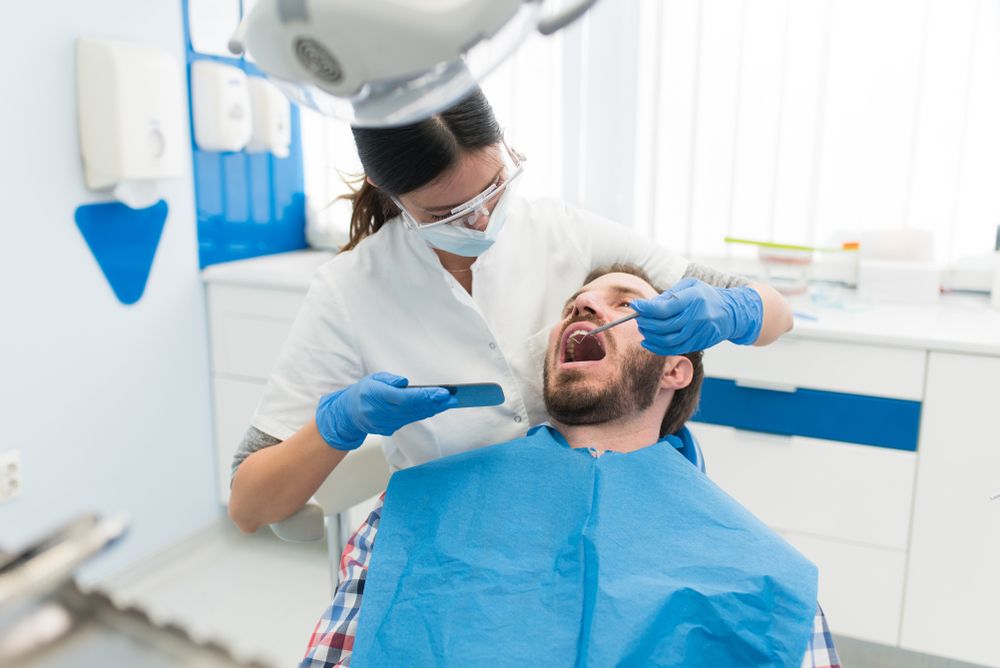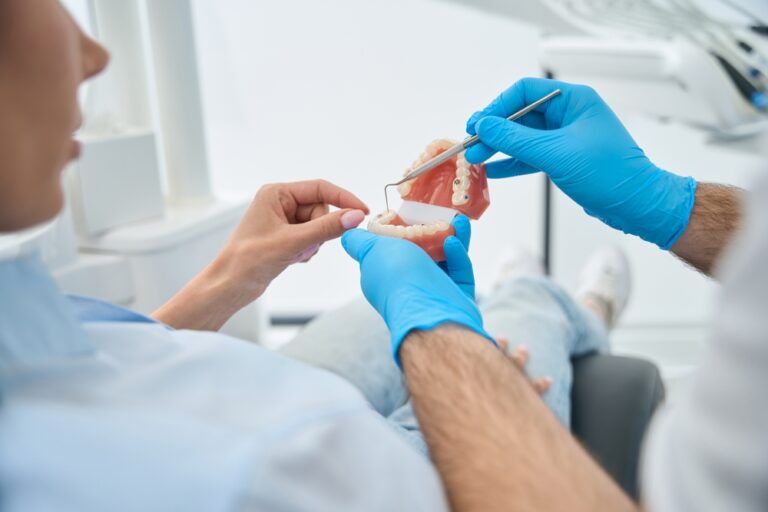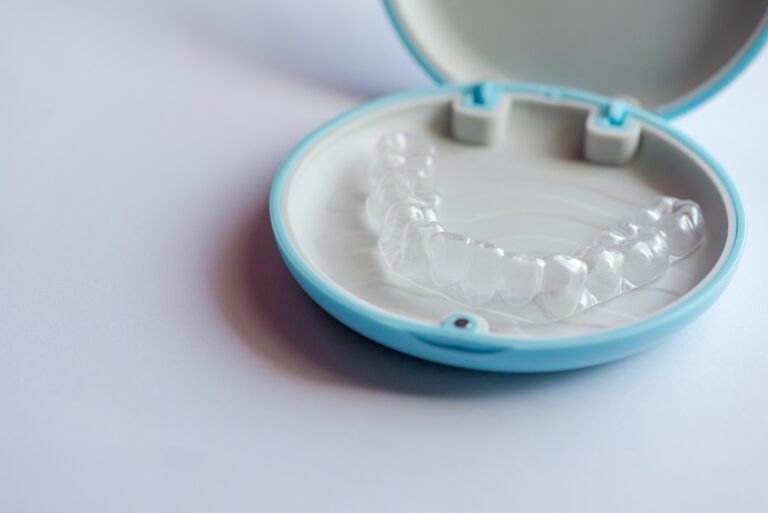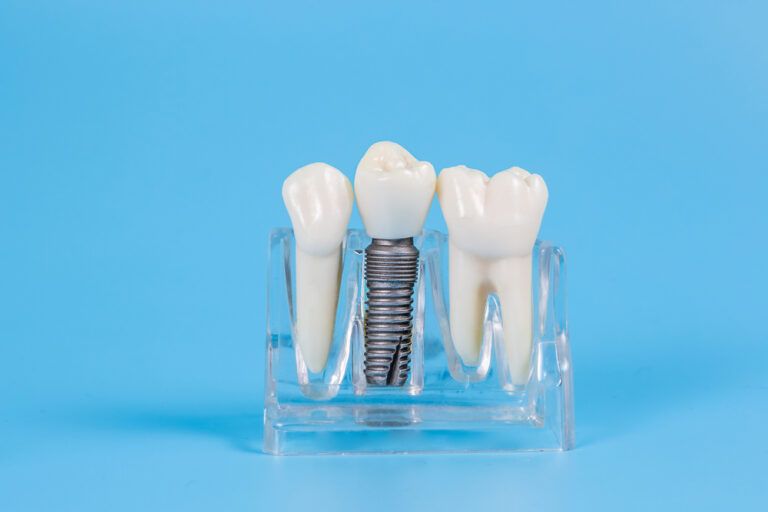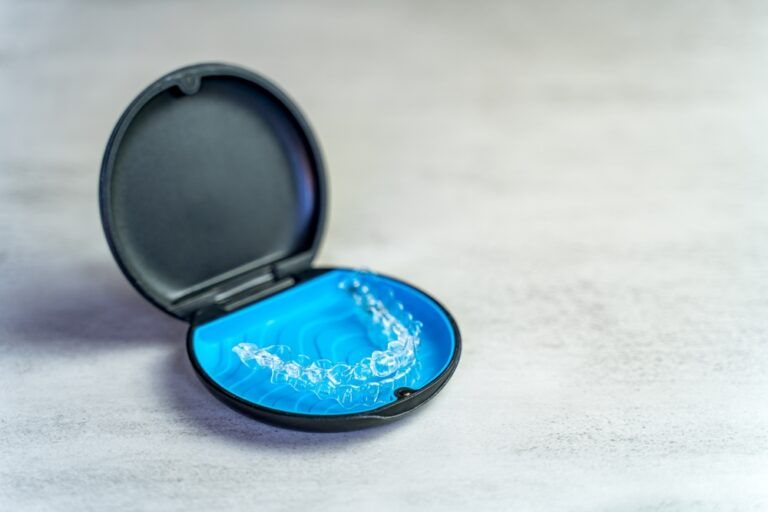Prescription medications are crucial for managing various health conditions, but many people are unaware of their potential impacts on oral health. At Seaport Family Dental in Redwood City, CA, Dr. Steve Deng, DDS, emphasizes the importance of understanding these effects to maintain optimal oral hygiene and prevent dental complications.
The Connection Between Medications and Oral Health
Many prescription medications, including antihistamines, antidepressants, and diuretics, can have side effects that affect your mouth. One of the most common issues is dry mouth (xerostomia), which occurs when medications reduce saliva flow. Saliva is essential for washing away food particles and neutralizing acids produced by bacteria in the mouth. Without sufficient saliva, tooth decay, gum disease, and infection risk increases significantly.
Medications That Impact Saliva Production
Drugs that can lead to dry mouth include:
- Antidepressants: Certain antidepressants can affect saliva production, leading to a drier mouth and an increased risk of oral health issues.
- Antihypertensives: Blood pressure medications may also reduce saliva flow, contributing to oral health problems.
- Antihistamines: Used for allergy relief, antihistamines can impair saliva production, making the mouth more susceptible to infections and decay.
Other Oral Side Effects of Medications
Apart from dry mouth, various medications can cause other oral health issues, such as:
- Gum overgrowth: Some medications, particularly those used for epilepsy and certain cardiovascular diseases, can cause the gum tissue to grow excessively. This condition, known as drug-induced gingival overgrowth, makes it difficult to clean teeth effectively, potentially leading to periodontal disease.
- Taste alterations: Some medications can alter your sense of taste, a condition known as dysgeusia, which can lead to poor appetite and nutrition.
- Oral ulcers: Certain medications, including chemotherapy drugs, can cause sores or ulcers in the mouth, leading to discomfort and pain.
Preventive Strategies and Dental Care
To mitigate the oral health impacts of prescription medications, Dr. Deng recommends several strategies:
- Stay Hydrated: Drinking plenty of water throughout the day can help alleviate dry mouth caused by medications.
- Good Oral Hygiene Practices: Brushing twice a day with fluoride toothpaste and flossing daily are crucial steps in protecting your teeth and gums.
- Regular Dental Checkups: Frequent visits to Seaport Family Dental allow Dr. Deng to monitor your oral health and adjust your dental care plan as needed.
- Use of Saliva Substitutes: Over-the-counter saliva substitutes can help moisten the mouth and offer relief from dry mouth symptoms.
- Discuss Medication Side Effects: If you experience severe side effects from medications, it’s important to discuss them with your healthcare provider. Alternative medications may be available that do not affect your oral health.
Case Studies and Clinical Observations
Dr. Deng shares several case studies from his practice where adjustments to medication or enhanced dental care routines significantly improved patients’ oral health outcomes. These real-life examples underscore the importance of personalized dental care and proactive management of medication side effects.
Long-Term Oral Health Management
Managing the oral health effects of prescription medications is a long-term commitment. Dr. Deng stresses the importance of ongoing communication between the dental team at Seaport Family Dental and patients’ primary care providers. This collaboration ensures that all aspects of a patient’s health, including their oral health, are considered when prescribing medications.
Toward a Healthier Smile: Strategic Oral Care in Medication Management
In conclusion, understanding the connection between prescription medications and oral health is crucial for maintaining a healthy mouth. Dr. Steve Deng, DDS, and the team at Seaport Family Dental in Redwood City, CA, are dedicated to providing the best care and advice to ensure that your medications do not compromise your oral health. With the right strategies and regular dental care, you can manage the effects of medications and keep your smile healthy and bright.
Sources:
- American Dental Association. (n.d.). Dry Mouth. Retrieved from ADA Dry Mouth Information.
- Mayo Clinic. (n.d.). Oral health: A window to your overall health. Retrieved from Mayo Clinic Oral Health.
- National Institute of Dental and Craniofacial Research. (n.d.). Oral Side Effects of Medications. Retrieved from NIDCR Medication Effects.

